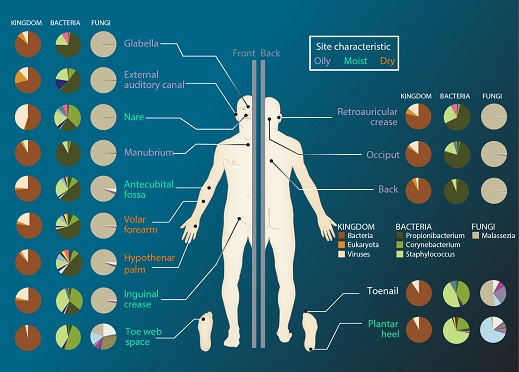High-throughput screening (HTS) is a drug discovery process that allows automated testing of large numbers of chemical and/or biological compounds for a specific biological target. High-throughput screening methods are extensively used in the pharmaceutical industry, leveraging robotics and automation to quickly test the biological or biochemical activity of a large number of molecules, usually drugs. They accelerate target analysis, as large-scale compound libraries can quickly be screened in a cost-effective way. HTS is a useful tool for assessing for instance pharmacological targets, pharmacologically profiling agonists and antagonists for receptors (such as GPCRs) and enzymes.
BD and 3M – Notable Market Players in High Throughput Screening Market
The high-throughput screening market majorly consists of the players such as Agilent Technologies, Inc., Axxam S.P.A., Eurofins Scientific, Corning Incorporated, Molecular Devices, LLC., Hamilton Company, Merck Group, Perkinelmer, Inc., Tecan Group and Thermo Fisher Scientific Inc. amongst others. The companies have been implementing various strategies that have helped the growth of the company and in turn have brought about various changes in the market. The companies have adopted several inorganic and organic strategies to accelerate their growth and improve their market position.
Below is the list of the growth strategies done by the players operating in the high-throughput screening market:
| Year | News |
| Aug-2020 | PerkinElmer has launched series of explorer workstations for SARS-CoV-2 testing capable of preparing and running up to 10,000 COVID-19 tests per day. PerkinElmer’s automated workstations streamline testing workflows, speeding up SARS-CoV-2 RT-PCR and ELISA testing. They also help laboratories improve their efficiency, while eliminating errors. |
| Aug-2019 | Molecular Devices, LLC, launched the next generation FLIPR Penta High-Throughput Cellular Screening System. The expanded capabilities of the FLIPR Penta system will allow scientists studying organoids and stem cell-derived neuronal and cardiac cells to have a better understanding of toxic compound effects |
| Jan-2017 | Merck, has introduced CAN MultiFlow screening services to more accurately predict genotoxic and mode of action properties of substances, ingredients and drug compounds. Offered through its BioReliance testing facilities, Merck will be the first company to provide this service in the United States |



